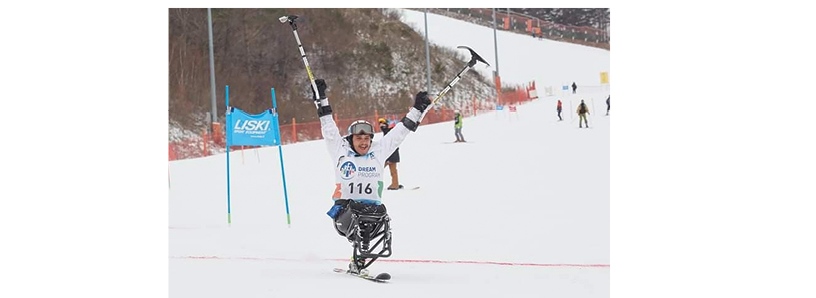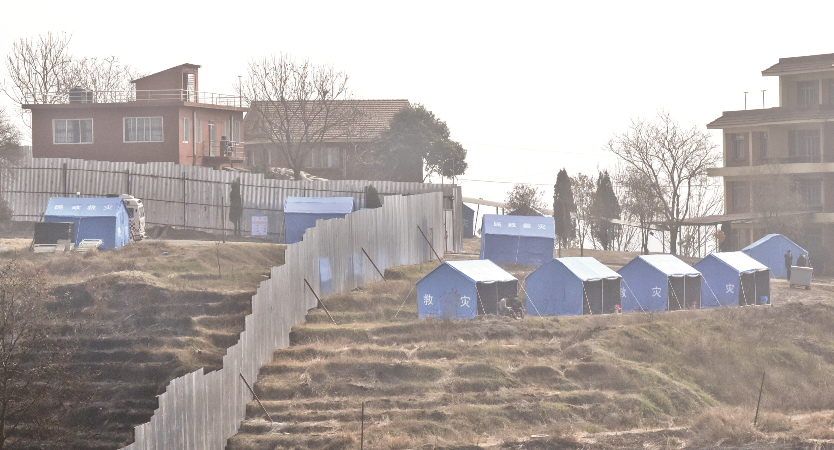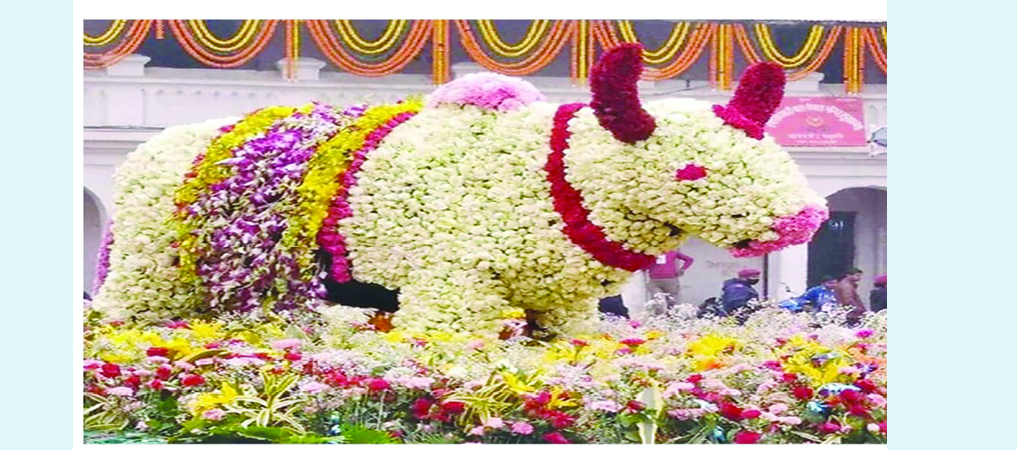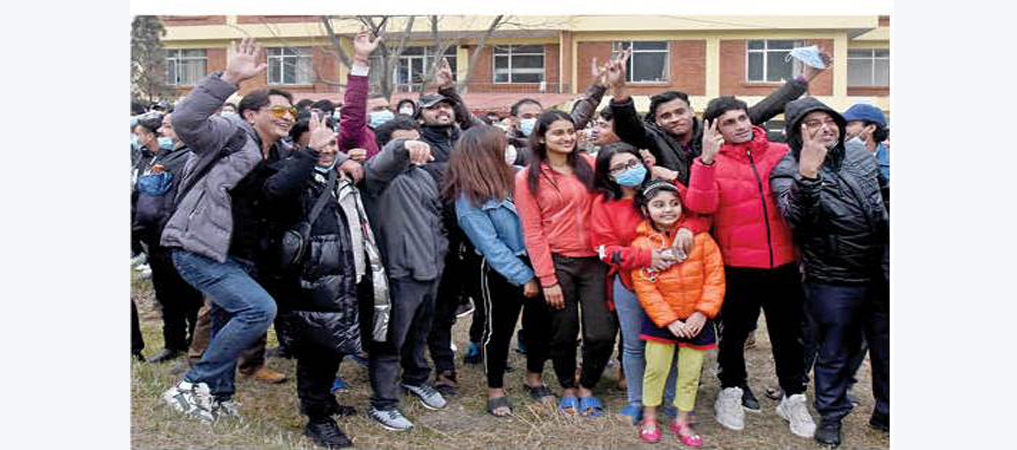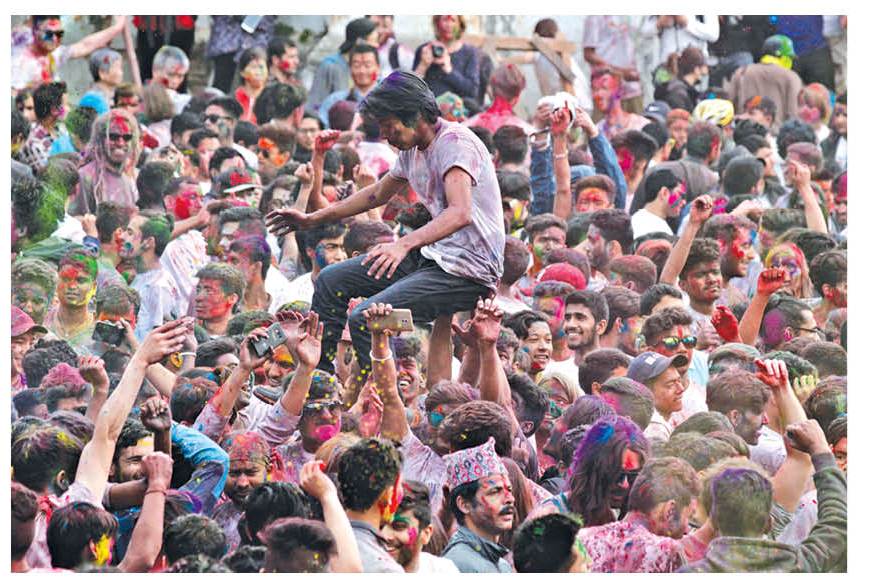COVAX aid insufficient for Nepal, say experts
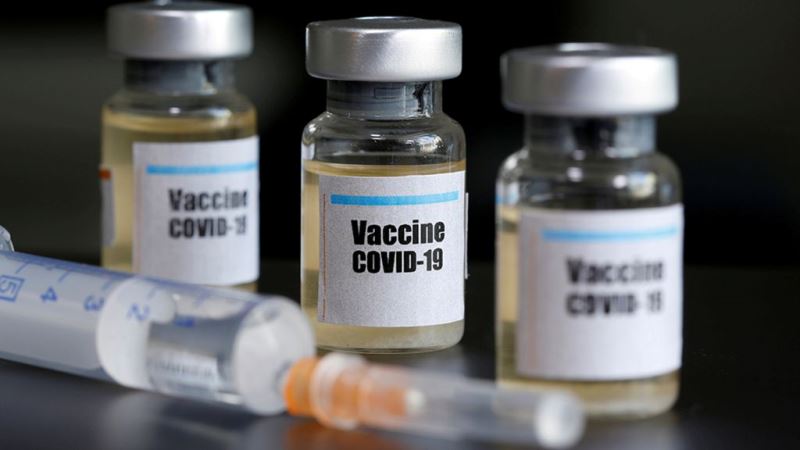
By Sampada A. Khatiwada
Kathmandu, Dec. 15: One year into the pandemic, nations across the globe are working round the clock either to manufacture vaccines against COVID-19 or to ensure their access to them. On Sunday, the Ministry of Health and Population (MoHP) had stated that vaccines required for 20 per cent of the population would be received under the COVAX facility from the World Health Organisation (WHO) and GAVI, among others.
"Altogether 72 per cent of the total population of Nepal would require immunisation, of which 20 per cent vaccines will be brought from COVAX facility. We are striving to manage vaccines for the remaining population from various channels via vaccine management, consultation and collaboration committees," said Dr. Jageshwor Gautam.
Although the COVAX facility has given a ray of hope to Nepal in its race to ensure the availability of vaccines against COVID-19, the public health experts have stated that relying on COVAX or other diplomatic channels would not be enough to ensure that all the susceptible population of Nepal will be immunised.
Dr. Rabindra Pandey, a public health specialist, said, "As a majority of vaccines worldwide are being manufactured by private entities, the government must, in coordination with private sectors, make efforts as soon as possible to guarantee that all the vaccines are imported to Nepal on time."
Stating that vaccines manufactured by Pfizer-BioNTech, Moderna and Oxford University would be provided under the COVAX facility, Dr. Pandey said, "Pfizer and Moderna should be stored in -70 to -80 degree Celsius and -20 degree Celsius respectively but the infrastructures available in Nepal can store vaccines only from 2 to 8 degree Celsius. Thus, only the Oxford vaccine can be stored in Nepal."
"This means that the government must consider other alternative measures to import COVID-19 vaccines on time," said Dr. Pandey, adding, "The private companies of both India and China are engaged to manufacture vaccine. India is planning to provide vaccines at around Rs. 1,200 IC, China is also planning to sell vaccines at a cheaper rate while Oxford has said that the vaccines would be made available at around $3."
He stressed that the government should coordinate with the companies of India and China either via government-to-government (G2G) or government-to-business (G2B) model to immunise Nepalis and prevent the impact of the pandemic as soon as possible. "Role of the private sector becomes vital here. If the government and private sectors agree on importing 50 per cent each of the total vaccines needed, the risk-prone population can be immunised by the end of 2021," he added.
Meanwhile, Dr. Jhalak Sharma Gautam, chief of the Immunisation Section of the Department of Health Services, said that the private sector had not coordinated with the department regarding the import of COVID-19 vaccines. "It will be beneficial for everyone if the vaccines are brought from both, government and private, channels. However, the private entrepreneurs have not placed proposals regarding the mode and medium of bringing the vaccines," he added.
Moreover, the private sector believes that the government alone cannot bring vaccines. Mrigendra Mehar Shrestha, president of Nepal Chemist and Druggist Association, said that the government had not consulted or coordinated with the private entrepreneurs regarding the import of vaccines. "The government alone cannot bring the vaccines without consulting with the private sectors. If the government coordinates with us, we will also consider importing the vaccines as soon as possible," added Shrestha.
Dr. Pandey said that the government and private sector must pre-book the vaccines by paying certain amount by coordinating with each other.
Recent News

Do not make expressions casting dout on election: EC
14 Apr, 2022
CM Bhatta says may New Year 2079 BS inspire positive thinking
14 Apr, 2022
Three new cases, 44 recoveries in 24 hours
14 Apr, 2022
689 climbers of 84 teams so far acquire permits for climbing various peaks this spring season
14 Apr, 2022
How the rising cost of living crisis is impacting Nepal
14 Apr, 2022
US military confirms an interstellar meteor collided with Earth
14 Apr, 2022
Valneva Covid vaccine approved for use in UK
14 Apr, 2022
Chair Prachanda highlights need of unity among Maoist, Communist forces
14 Apr, 2022
Ranbir Kapoor and Alia Bhatt: Bollywood toasts star couple on wedding
14 Apr, 2022
President Bhandari confers decorations (Photo Feature)
14 Apr, 2022






